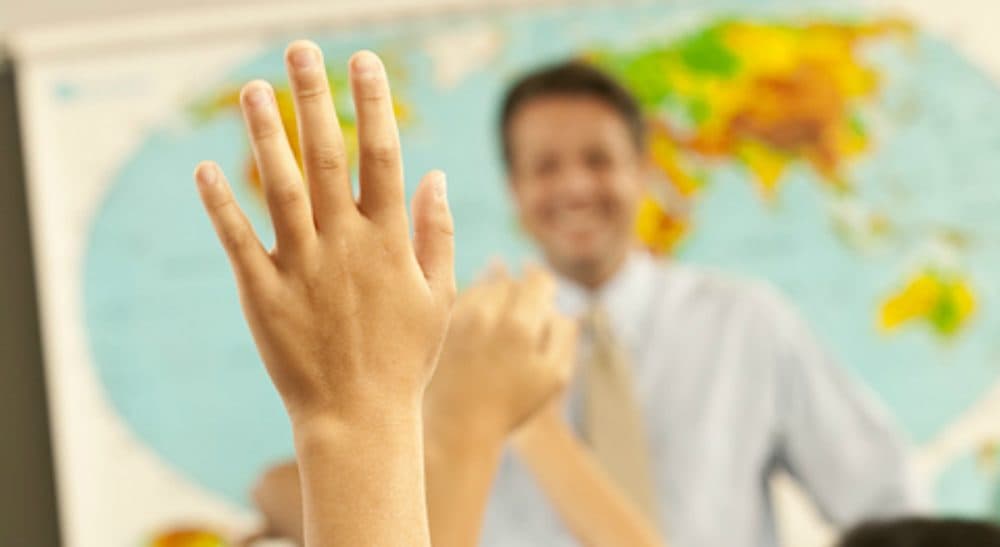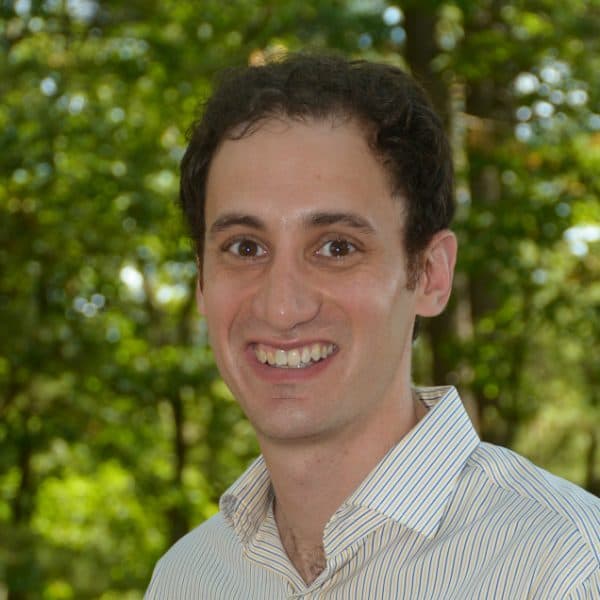Advertisement
Changing Minds: Discoveries In Cognitive Science Can Reshape The Way We Teach

Educational fads come and go at about the same pace as students’ whimsical fashion trends. Some years, experts champion the benefits of collaboration; in others, we hear that students learn best working independently. Some researchers advocate a reward-and-punishment classroom management system, while others contend that rewards undermine intrinsic motivation. Many professors extol the benefits of technology at the same time that critics denounce iPads, Chromebooks and smartphones as frivolous distractions.
Educators and parents should praise students' efforts, rather than their achievements, in order to nurture a love for learning.
Because the flavor of the day changes so frequently in education, it’s easy to understand teachers' skepticism about the advice of outsiders who don’t have classroom teaching experience. But as educators spend the summer revising lesson plans and setting new goals for the upcoming year, they would do well to heed the conclusions of exciting new discoveries by cognitive scientists about the brain and the mind. New findings expose the flaws of many traditional teaching methods and force us to reconsider fundamental assumptions about how students learn.
New data casts doubt on the efficacy of a common teaching technique that dates back thousands of years to the first European universities: the lecture. A landmark study published in 2014 found that undergraduate students in a class with traditional stand-and-deliver lectures are 1.5 times more likely to fail than students in classes that used active learning techniques. The result of this study will be less likely to surprise primary and secondary school educators, many of whom have already moved away from teacher-centered instruction. Lectures, however, remain embedded in the culture of university education, despite evidence suggesting that strategies such as student discussions and Socratic questioning more effectively engage learners.
Research also indicates that a common type of praise used by teachers and parents undermines student growth. Stanford psychology professor Carol Dweck, among others, has found that feedback such as “You’re so smart,” or, “You’re such a natural writer” instill in students what Dweck calls a fixed mindset, or the belief that intelligence is an immutable trait that does not change over time. Dweck has found that students taught a growth mindset, or the belief that intelligence can grow, persist when confronted with challenges and demonstrate a stronger work ethic than students with a fixed mindset, who give up easily on problems and may even cheat to maintain their self-image. Educators and parents should praise students' efforts, rather than their achievements, in order to nurture a love for learning.
Cognitive science discoveries have also undermined time-honored educational beliefs about study strategies. Professors and teachers often encourage students to reread, highlight and underline texts as a means to increase comprehension of subject material, techniques that turn out to be ineffective, as the authors of "Make It Stick: The Science of Successful Learning" explain. Rereading texts in close succession gives students a false sense of mastery over the material, which explains the frustration many students feel when they do poorly on a test after hours preparing. Instead of rereading, educators and parents should encourage students to use self-quizzes, flashcards and written reflections as a means to accurately self-assess comprehension of subject content.
...the cognitive science revolution in education is here to stay.
These lessons about study strategies illustrate a broader idea that cognitive scientists have discovered about the link between student learning and metacognition, a term referring to the awareness of one’s own thought processes. Struggling students are the least likely to engage in metacognitive thinking, leading to overestimations of their own competency on academic tasks. With a more accurate sense of their abilities and deficiencies, students increase efforts to fill in their specific knowledge gaps. These findings should render obsolete the long-established assessment model, particularly prevalent in universities, in which students receive little to no feedback on their work until a big exam or term paper. Frequent short quizzes and writing assignments better enable students to identify deficits in their own learning and correct them.
To be sure, teachers make hundreds of decisions every day that cannot be informed by even the most meticulous research study. Research conducted outside of the classroom, however, can empower educators by eliminating outmoded practices and by promoting new techniques supported by empirical evidence. Unlike the intentionally mismatched socks that my students wore in May, the cognitive science revolution in education is here to stay.
